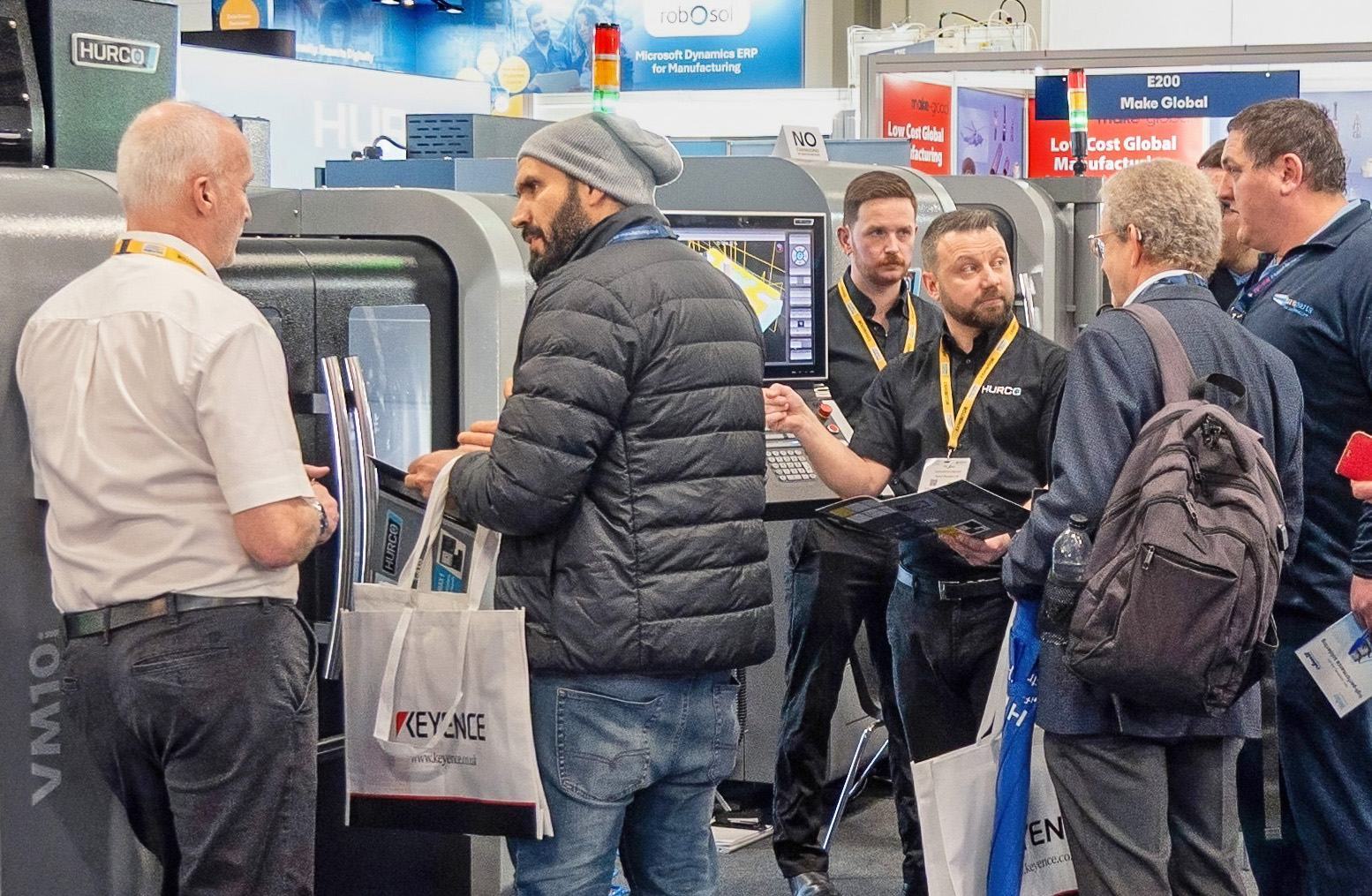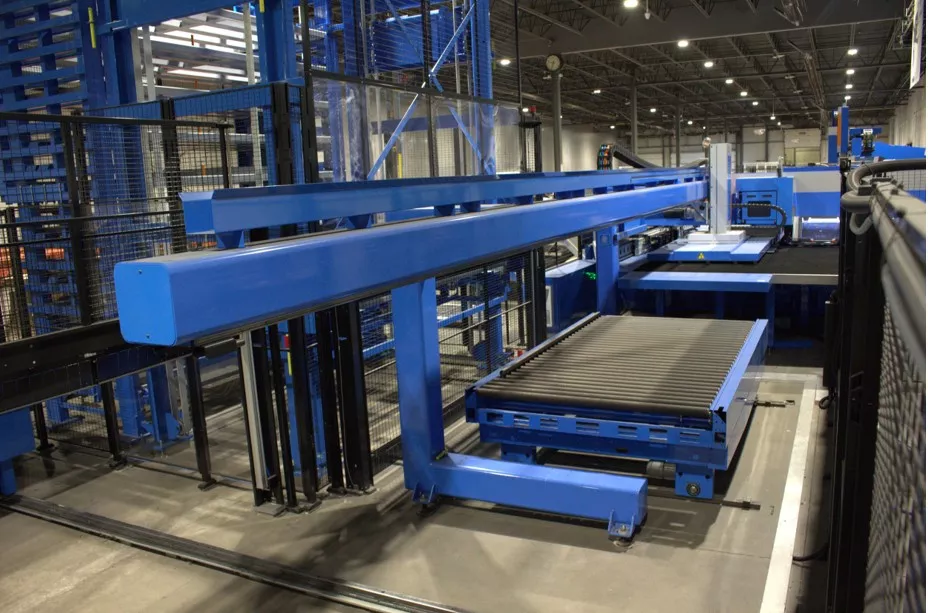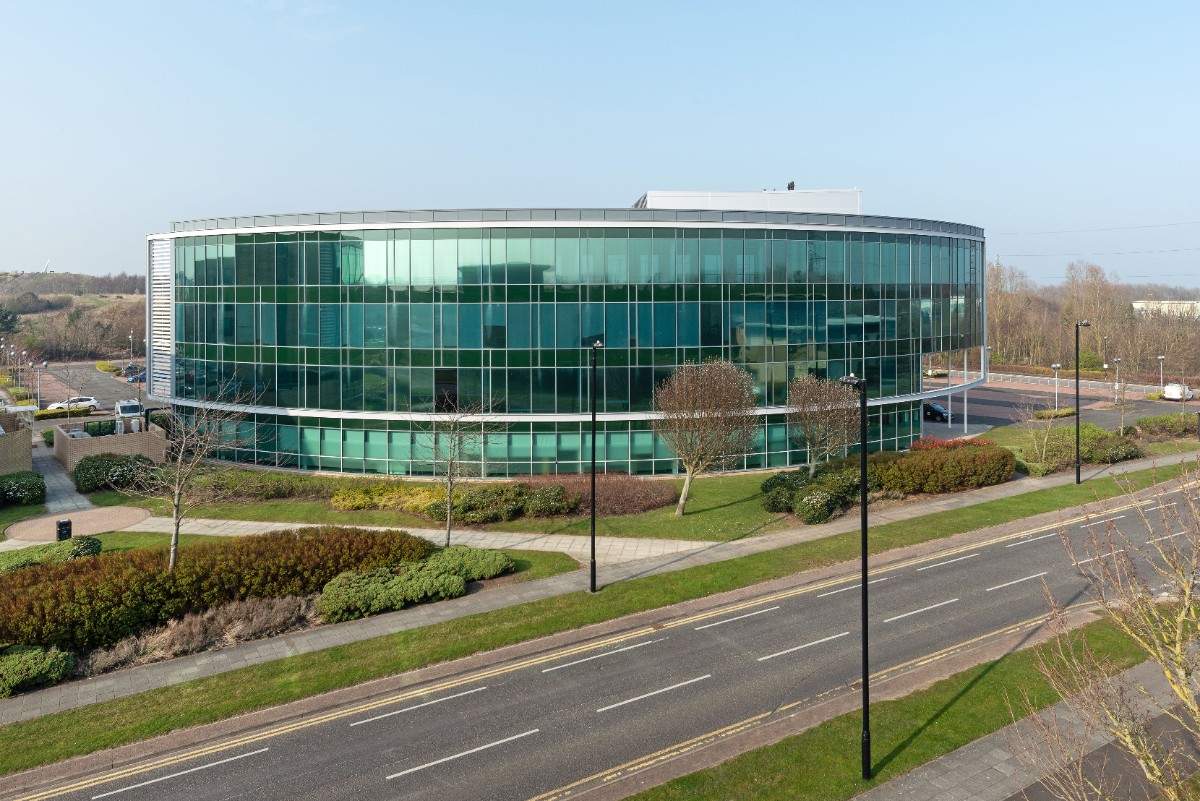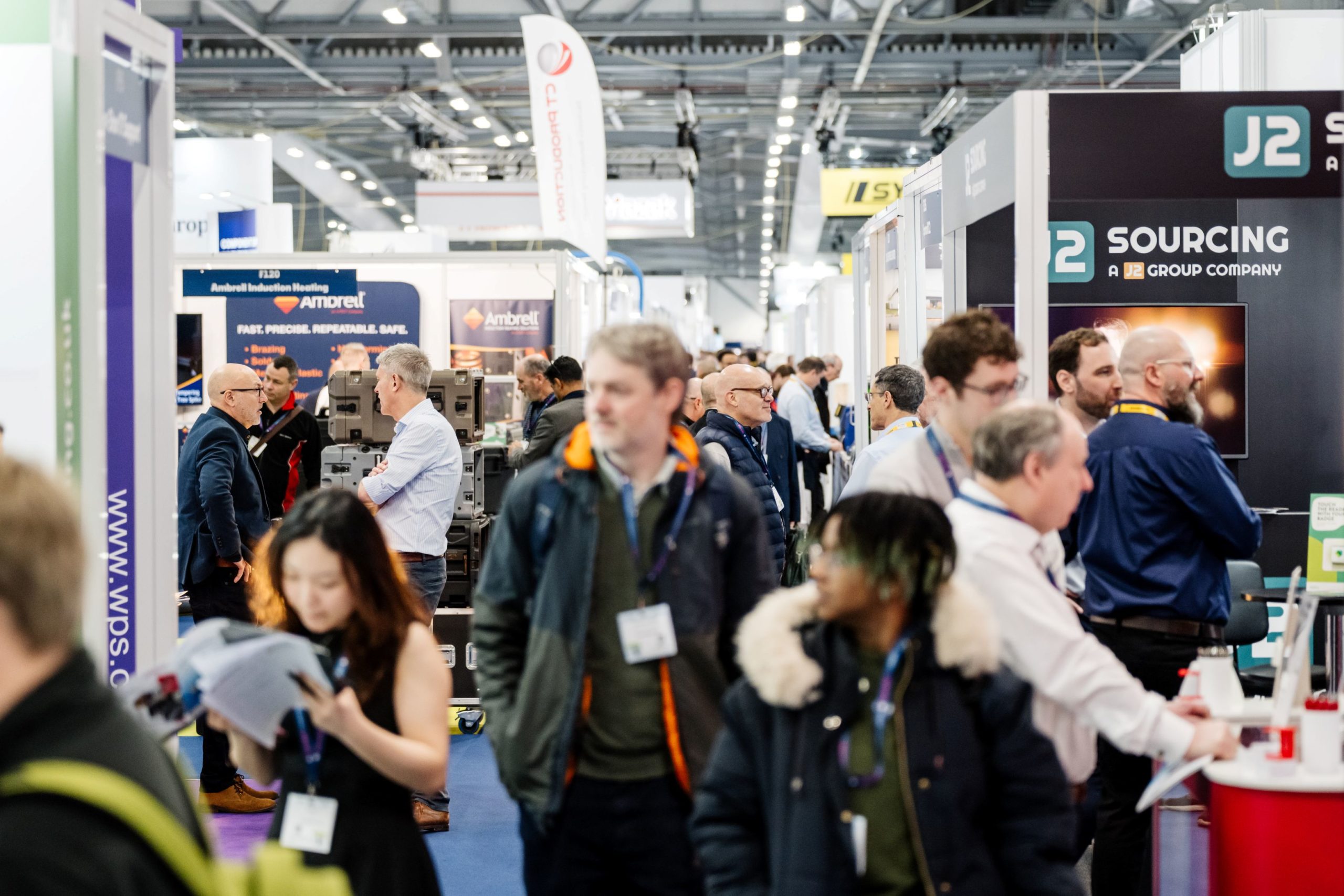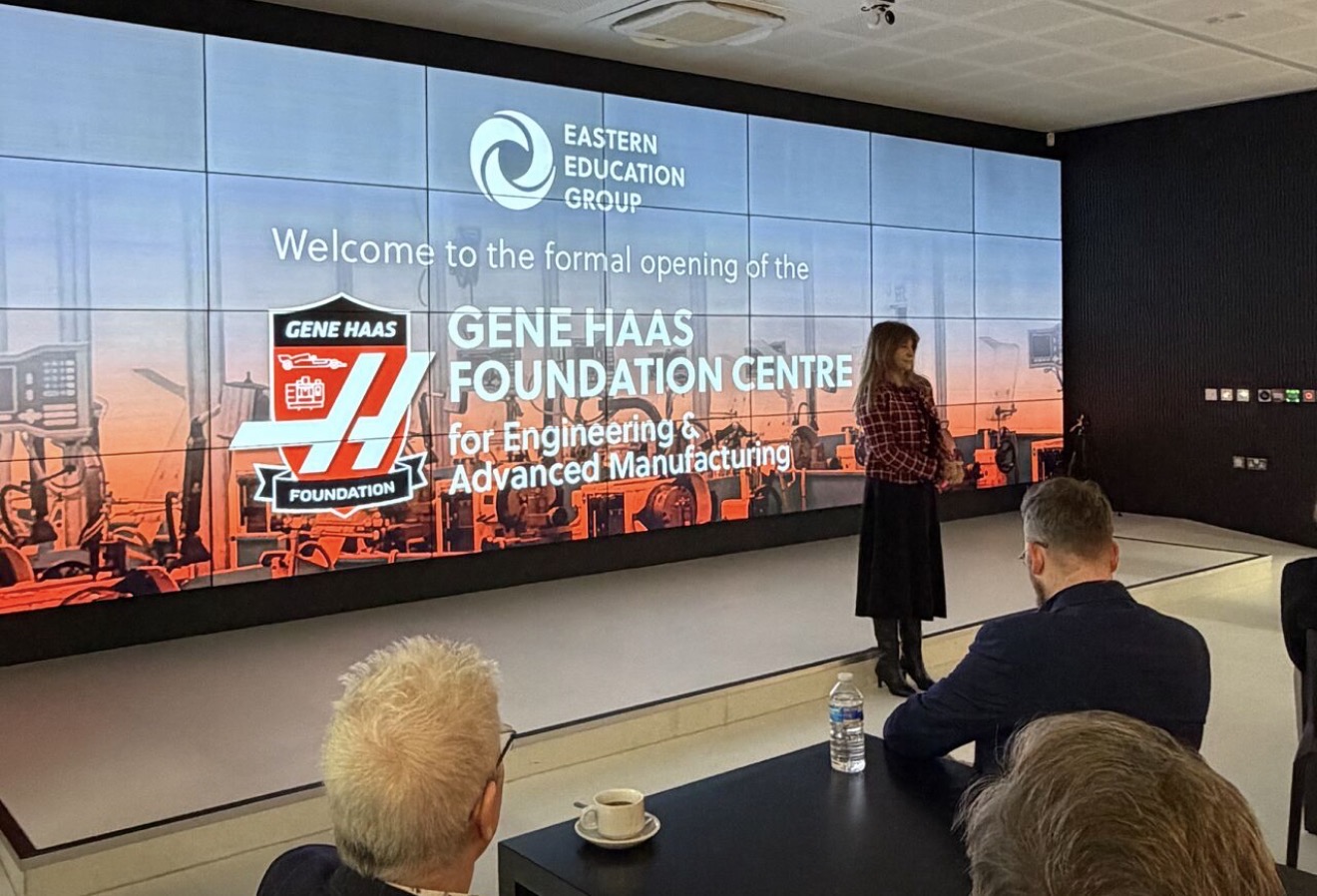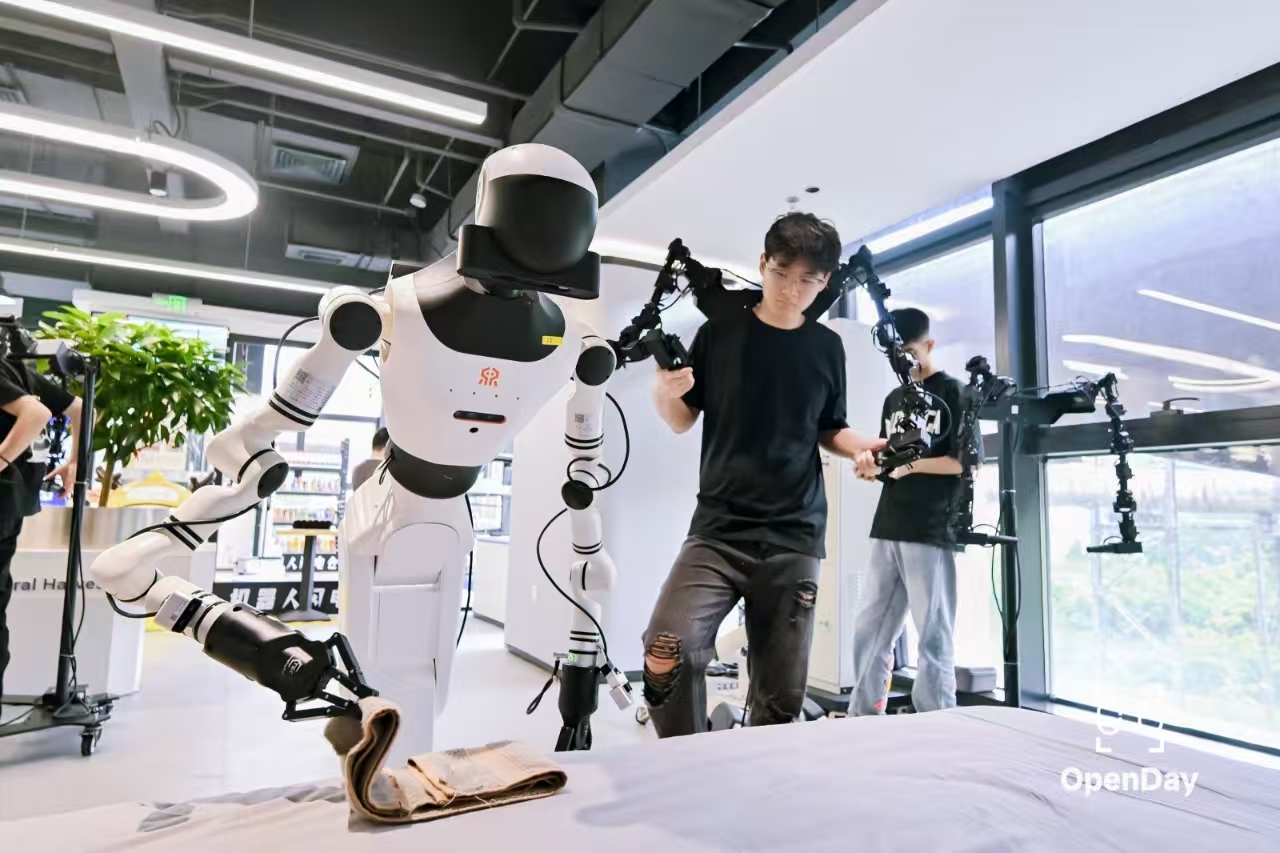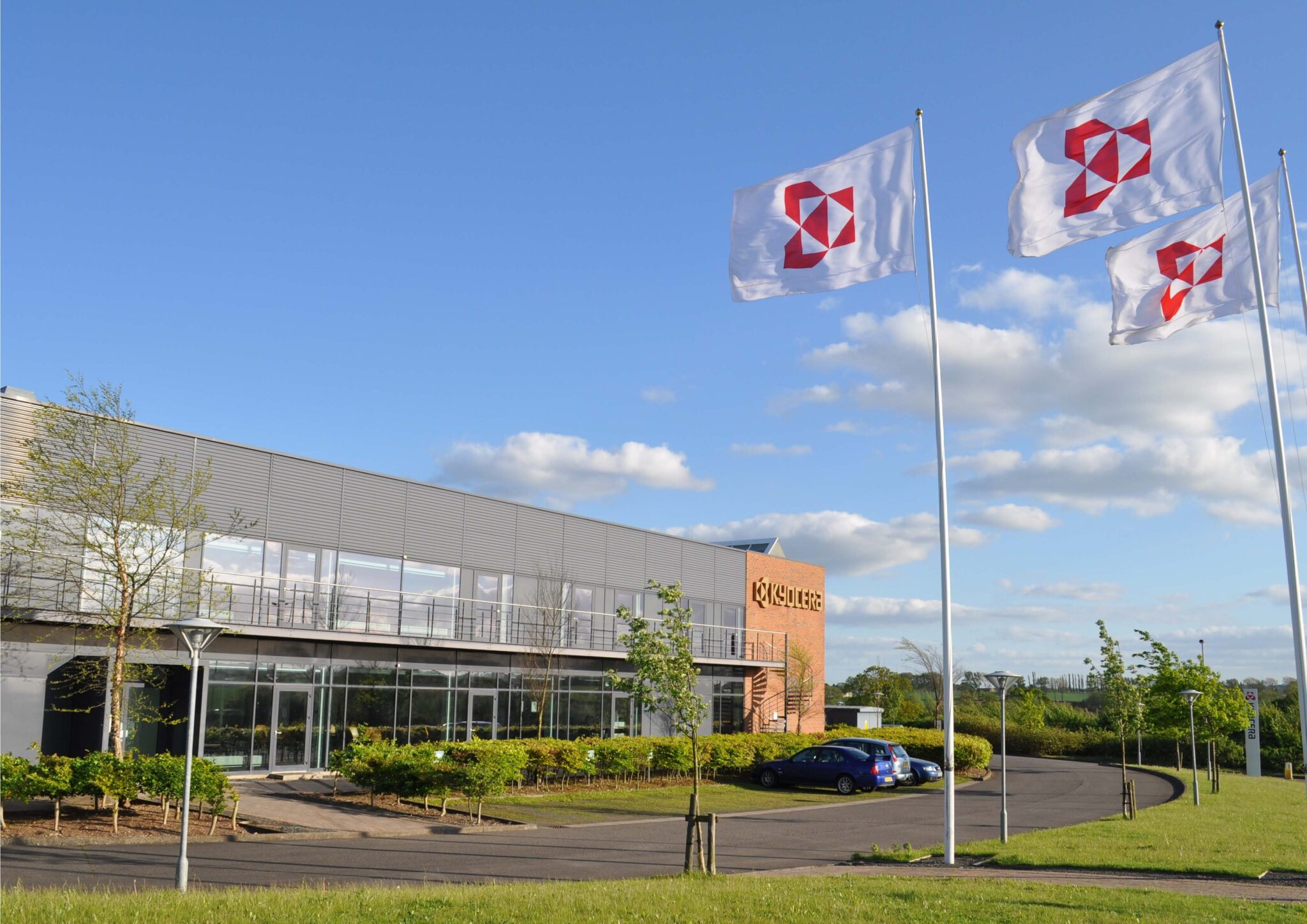How automation can bolster the UK’s sovereign automation defence capabilities, an article by FANUC UK Head of Sales Oliver Selby

From Trump to the Ukraine invasion, Covid restrictions to the growth of AI, violence in the Middle East to the rise of the far right in Europe, it’s clear that these are turbulent times. Amid such geopolitical uncertainty, world military expenditure has unsurprisingly rocketed, increasing by almost 10% in just one year (from 2023 to 2024) to reach $2,718 billion. The countries with the highest military expenditures are the USA, China and Russia respectively, but even across Europe, defence stocks hit record levels in 20252. And the UK is no exception. According to the Institute for Fiscal Studies (IFS), in 2024-25 the UK spent £66 billion (2.3% of national income) on defence and, as part of a NATO agreement, has committed to increase defence spending to 3.5% of GDP by 2035.
The international race to shore up sovereign defence capabilities is on. But with multiple countries simultaneously striving to do so, prices for defence procurement are likely to increase if production capacity cannot meet global demand. So, how can the UK ensure it doesn’t get left behind?
Delivering domestic automation support
In manufacturing, automation remains the fastest and most efficient route to increasing production capacity. However, the UK currently lacks sovereign robotic OEMs or large sovereign solution providers – a gap that raises significant concerns around security and control of intellectual property. For a nation that hosts some of the world’s leading defence and aerospace companies – including BAE Systems, Airbus and Rolls Royce – reliance on foreign automation technology presents strategic vulnerabilities that could compromise both national security and the protection of critical IP.
As one of the world’s leading robot manufacturers and with a long-standing British presence, FANUC is well placed to provide domestic automation support to help shore up the UK’s defence capabilities. The company understands that the European – and indeed global – defence spending landscape is changing rapidly. By supporting not only prime and tier defence companies, but also increasing automation capacity within wider manufacturing facilities, FANUC can bolster the full UK sovereign supply chain.
While FANUC’s UK base in Coventry is leading the charge, it must be acknowledged that FANUC is a Japanese-owned company. However, there are defence programmes of work currently underway that involve both the British and Japanese Governments, underlining the mutual trust and support between the two nations, such as the Global Combat Air Programme (GCAP), a multinational initiative led by the UK, Japan and Italy to develop a sixth-generation stealth fighter.
In addition, FANUC has around a 50% market share worldwide for CNC delivery to machine tool manufacturers, with a large proportion of such machines being heavily utilised in aerospace manufacturing. Knowing that they operate on a common control platform, developed and managed by a safe and trusted source, is yet another tick in FANUC’s box.
Cyber resilience as standard
Linked to this issue of mutual international trust is, of course, cybersecurity. This issue is set to rise in prominence over the next 12 months when the EU’s new Cyber Resilience Act (CRA) comes into force, beginning in September 2026 with full enforcement taking place in December 2027. Setting mandatory cybersecurity requirements for hardware and software products with a digital element, it requires manufacturers to ensure their products are secure by design, provide security updates, and report vulnerabilities and incidents throughout their lifecycle. All UK machine providers will be affected, and it will alter how equipment is risk assessed, and CE marked.
The new FANUC R50iA controller – based on the latest FS500 CNC hardware – is already fully CRA compliant, making it easier for customers to complete their risk assessment. Over the next two years, all FANUC robots will feature this new controller as standard, while oIder controllers are currently undergoing validation to ensure they also meet the new standards, well ahead of time. FANUC customers – across defence, aerospace or any other area of manufacturing – can rest assured they will be ahead of the cyber resilience curve, with their machines futureproofed thanks to smart, safe and compliant equipment.

Reliable and robust
With the majority of new defence and aerospace projects spanning multiple years, if not decades, ensuring equipment longevity and avoiding obsolescence could not be more pertinent. These are often huge programmes involving multiple stakeholders, tens of millions of pounds, and layers of complex engineering and compliance requirements. Any equipment – including robots and other automation solutions – employed in such projects must be extremely robust, reliable and futureproofed if they are to stand any chance of success.
Here again, FANUC is at an advantage. The company is renowned for having some of the most automated production facilities in the world, with robots making robots like clockwork. FANUC will provide lifetime support on its products, assuring spare parts availability and local service support worldwide. And by that, the company means as long as the customer wants to continue to use it, whether that’s for five years or 25 years. FANUC is still servicing robots purchased more than two decades ago that are in perfect working order.
Innovation in automation
While machine reliability and longevity are critical for defence automation projects, innovation is equally crucial. By working closely with manufacturers, as well as organisations at the cutting edge of R&D, FANUC can take things to market that the market itself needs, and respond swiftly to changing customer demands. To this end, the company is proud to be one of the keystones in not just the vertical supply chain, but also the horizontal, working with universities, R&D/training institutes, High Value Manufacturing Catapults and more to support and develop innovation within automation.
A prime example of this is Project Compass (Composites at Speed and Scale), an £80 million investment which includes an aerospace manufacturing R&D project delivered by a consortium of companies, including FANUC system integrator partner Loop Technology, Boeing, Spirit AeroSystems and the Advanced Manufacturing Research Centre (AMRC). Three FANUC M-2000iA/1700L six-axis industrial robots are employed as part of the project, as well as an M-2000iA 1200L and a 900L model.
FANUC also supported Airbus with its in-house robotics strategy, developing an industrial drilling robot (the M-800iA/60) to meet the company’s specific requirement. The company welcomes future collaborations such as this.
Reducing project risk
As these examples show, engaging with big prime manufacturers and their first-tier suppliers on a regular basis is crucial to project success in the defence and aerospace sectors. Keeping the supply chain tight helps to reduce financial risks, technical risks and security risks, as well as speed up project delivery with solutions that the market demands.
FANUC is of course also proud to continue working alongside partners that have long supported and serviced manufacturers in the defence and aerospace sectors with automation solutions in the past. The company looks forward to seeing the results of its increased focus on bolstering the UK’s defence capabilities with domestic automation solutions, and the security benefits this can deliver for all.

